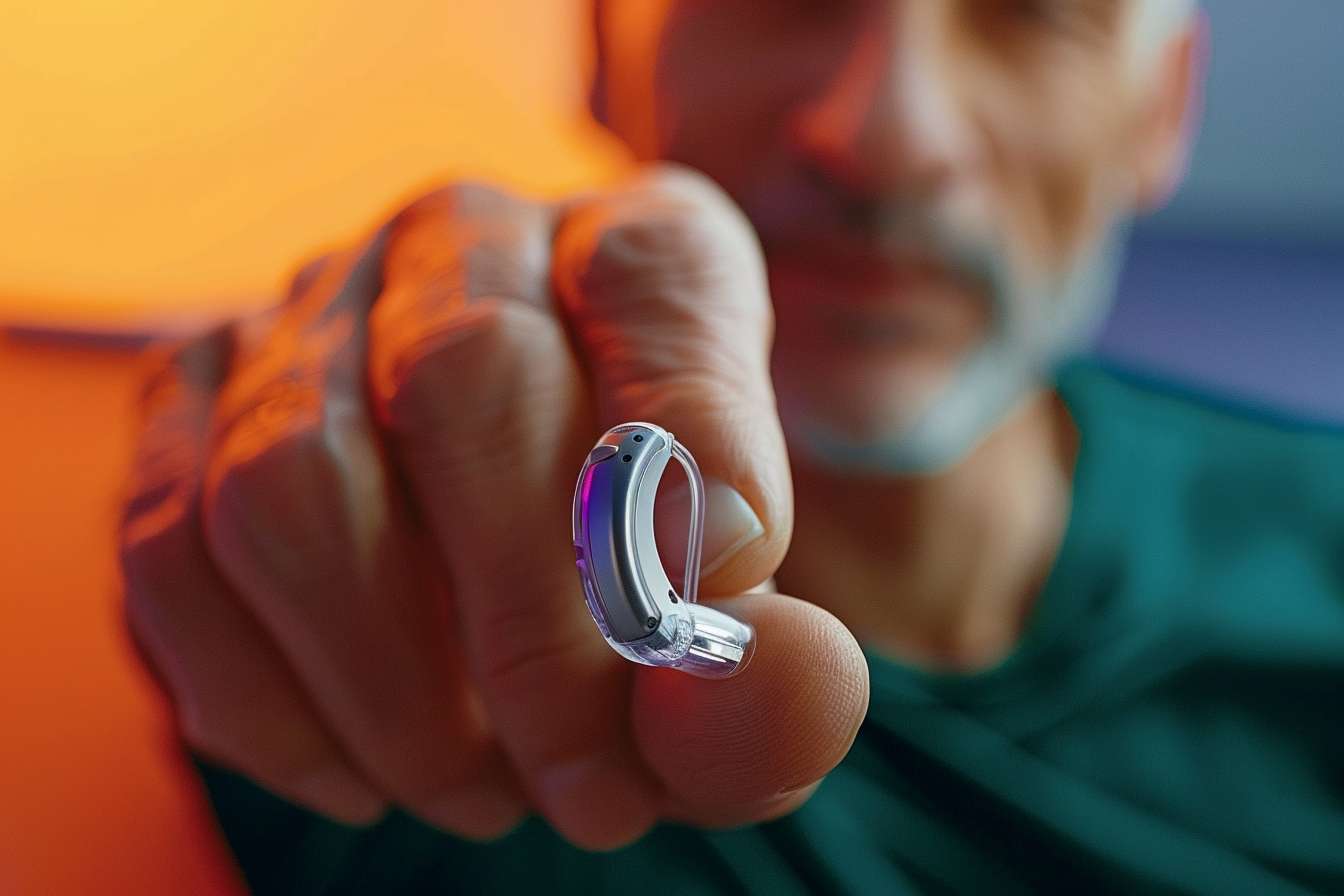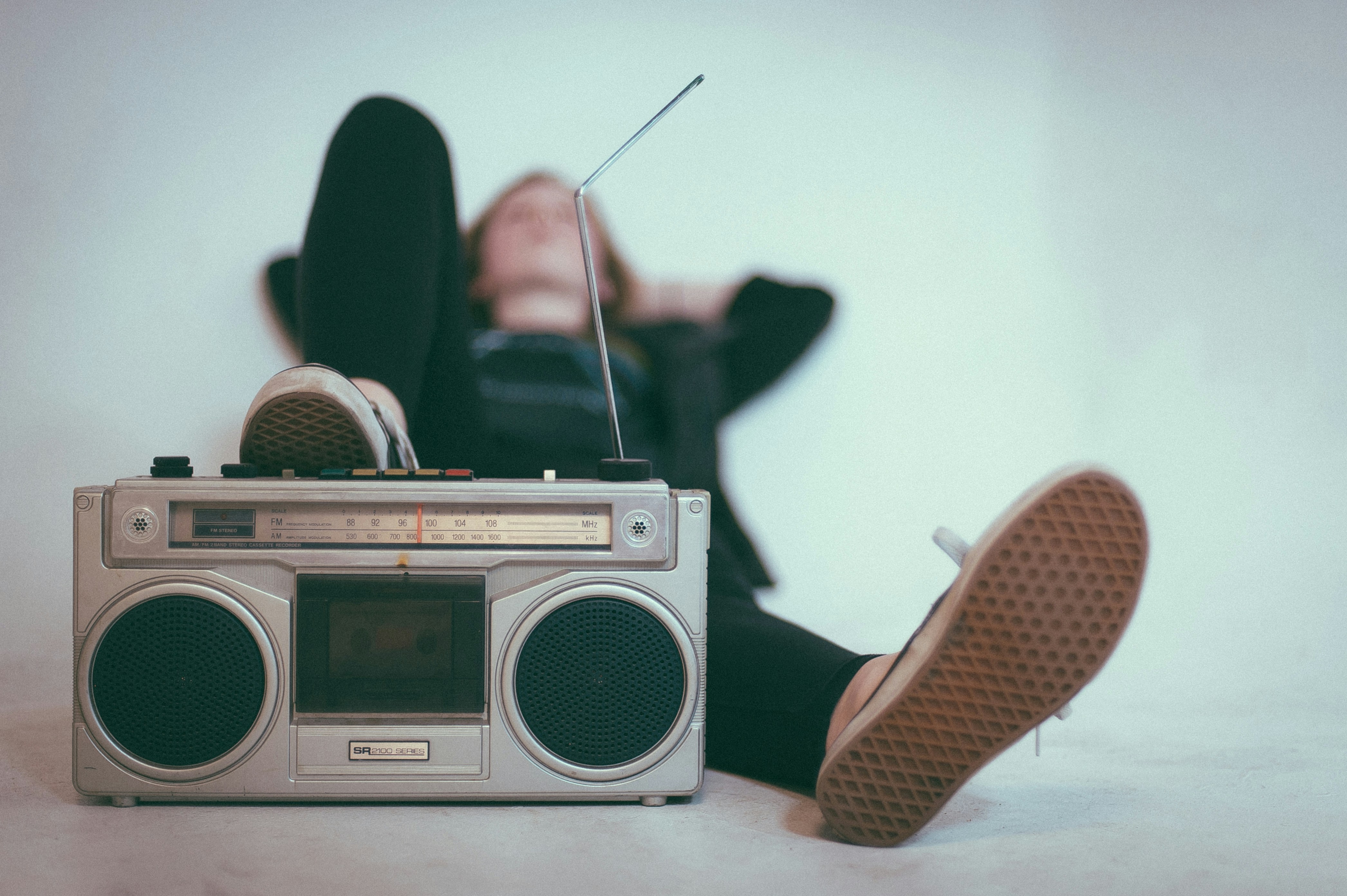Why Smart Watches are a Game-Changer for Seniors
Technology has transformed how we manage our daily lives, and smartwatches represent one of the most significant advances for older adults seeking to maintain their independence and health. These sophisticated devices offer seniors unprecedented opportunities to stay connected with loved ones, monitor vital health metrics, and access emergency assistance at the touch of a button. As the senior population increasingly embraces digital solutions, smartwatches are proving to be essential tools that bridge the gap between traditional healthcare and modern wellness management.

How Do Smart Watches Help Seniors Stay Connected and Active?
Stay connected and stay active with a smart watch for seniors by leveraging features specifically designed for older adults. Modern smartwatches enable seniors to receive calls, text messages, and notifications directly on their wrist, eliminating the need to constantly check their phones. Many devices offer large, easy-to-read displays with customizable fonts that accommodate vision changes common with aging. The activity tracking capabilities encourage daily movement through gentle reminders and achievable fitness goals, helping seniors maintain physical activity levels that are crucial for healthy aging.
What Health Monitoring Features Make Smart Watches Essential?
Revolutionize how seniors track their health and wellness through comprehensive monitoring capabilities that were once only available in medical settings. Today’s smartwatches can track heart rate, blood oxygen levels, sleep patterns, and even detect irregular heart rhythms. Some advanced models monitor blood pressure and blood glucose levels, providing real-time health data that seniors can share with their healthcare providers. These continuous monitoring features enable early detection of potential health issues and help seniors make informed decisions about their daily activities and medical care.
How Do Smart Watches Enhance Senior Safety and Independence?
Enhance independence and safety for seniors with the latest smart watch technology through features like fall detection, GPS tracking, and emergency calling capabilities. When a smartwatch detects a hard fall, it can automatically contact emergency services or designated family members, potentially saving lives during critical moments. GPS functionality allows family members to locate seniors if they become disoriented or lost, while medication reminders ensure important prescriptions are taken on schedule. These safety features provide peace of mind for both seniors and their families while promoting continued independence.
Which Smart Watch Features Are Most User-Friendly for Older Adults?
Smart watches designed with seniors in mind prioritize simplicity and accessibility. Large buttons, voice-activated commands, and simplified interfaces make these devices easier to navigate for users who may not be comfortable with complex technology. Many models offer one-touch emergency buttons, voice-to-text messaging, and integration with existing medical alert systems. The best senior-friendly smartwatches also feature longer battery life, reducing the frequency of charging and ensuring the device remains functional when needed most.
What Makes Smart Watches Popular Among American Seniors?
In the United States, approximately 54% of adults over 65 now use some form of wearable technology, with smartwatches leading adoption rates. American seniors particularly value the integration with popular health platforms like Apple Health and Google Fit, which seamlessly connect with existing healthcare systems. Medicare Advantage plans increasingly cover certain smartwatch models that meet medical device criteria, making these devices more accessible to seniors on fixed incomes. The COVID-19 pandemic accelerated adoption as seniors sought ways to maintain health monitoring and family connections while social distancing.
How Do Popular Smart Watch Options Compare for Seniors?
Several manufacturers offer smartwatches specifically designed for or suitable for senior users, each with distinct features and pricing structures. The market includes both basic models focused on essential functions and advanced devices with comprehensive health monitoring capabilities.
| Smart Watch Model | Manufacturer | Key Senior Features | Estimated Price Range |
|---|---|---|---|
| Apple Watch SE | Apple | Fall detection, emergency SOS, large display | $250 - $300 |
| Galaxy Watch4 | Samsung | Health monitoring, medication reminders, easy interface | $200 - $280 |
| Fitbit Sense 2 | Fitbit | Stress management, heart health, simple navigation | $200 - $250 |
| GrandPad Smart Watch | GrandPad | Simplified interface, family connectivity, emergency features | $150 - $200 |
| GreatCall Lively Wearable2 | Lively | Medical alert integration, GPS, urgent care access | $100 - $150 |
Prices, rates, or cost estimates mentioned in this article are based on the latest available information but may change over time. Independent research is advised before making financial decisions.
What Should Seniors Consider Before Choosing a Smart Watch?
Seniors should evaluate their specific needs, technical comfort level, and budget when selecting a smartwatch. Consider whether the device integrates with existing smartphones and healthcare providers, as compatibility can significantly impact functionality. Battery life, waterproof ratings, and the availability of customer support are crucial factors for seniors who may need assistance with setup and troubleshooting. Additionally, check whether insurance plans or Medicare Advantage programs offer coverage or reimbursement for medically-focused smartwatch models.
Smartwatches represent a significant advancement in senior care technology, offering unprecedented opportunities for health monitoring, safety enhancement, and social connection. As these devices continue to evolve with senior-specific features and improved accessibility, they are becoming indispensable tools for aging in place and maintaining independence. The combination of health tracking, emergency features, and communication capabilities makes smartwatches a worthwhile investment for seniors seeking to embrace technology that genuinely improves their quality of life.
This article is for informational purposes only and should not be considered medical advice. Please consult a qualified healthcare professional for personalized guidance and treatment.




